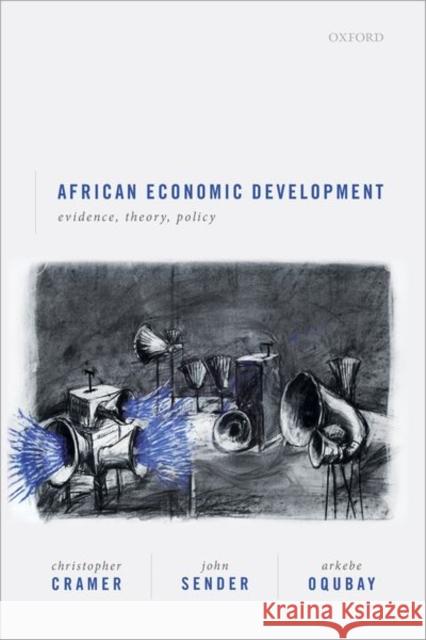African Economic Development: Evidence, Theory, and Policy » książka
topmenu
African Economic Development: Evidence, Theory, and Policy
ISBN-13: 9780198832331 / Angielski / Twarda / 2020 / 336 str.
Kategorie:
Kategorie BISAC:
Wydawca:
Oxford University Press, USA
Język:
Angielski
ISBN-13:
9780198832331
Rok wydania:
2020
Ilość stron:
336
Waga:
0.63 kg
Wymiary:
23.62 x 16.0 x 2.54
Oprawa:
Twarda
Wolumenów:
01
Dodatkowe informacje:
Bibliografia
Wydanie ilustrowane
Wydanie ilustrowane











